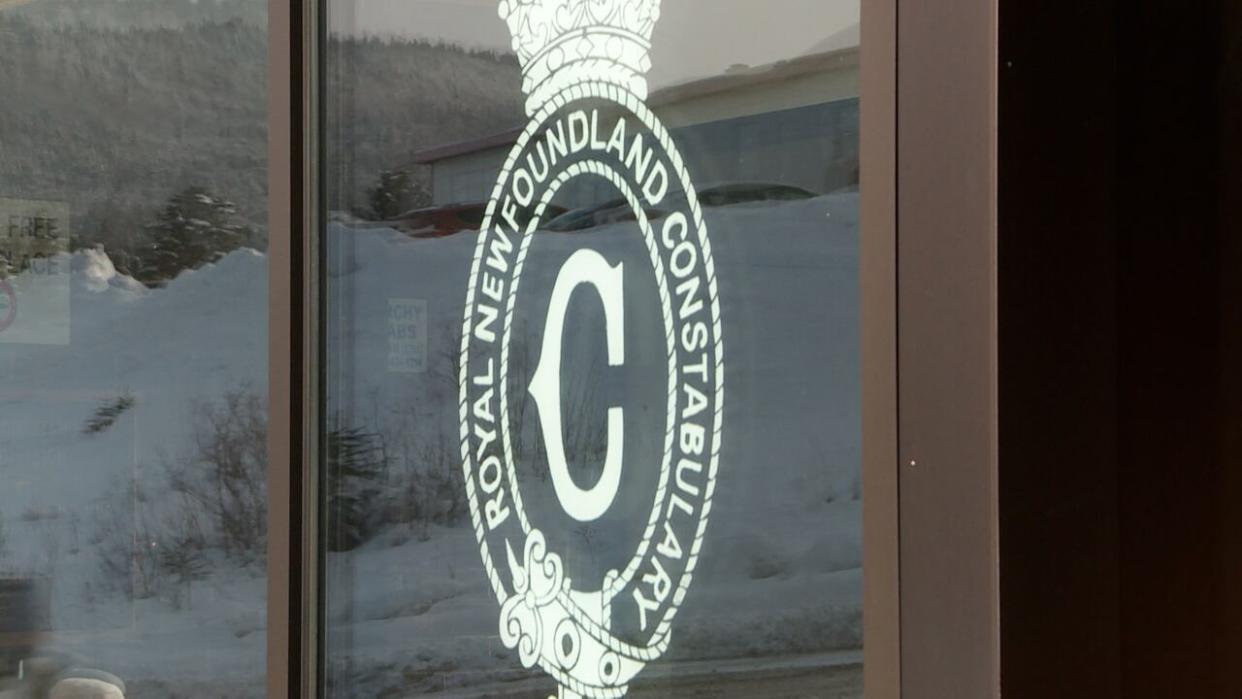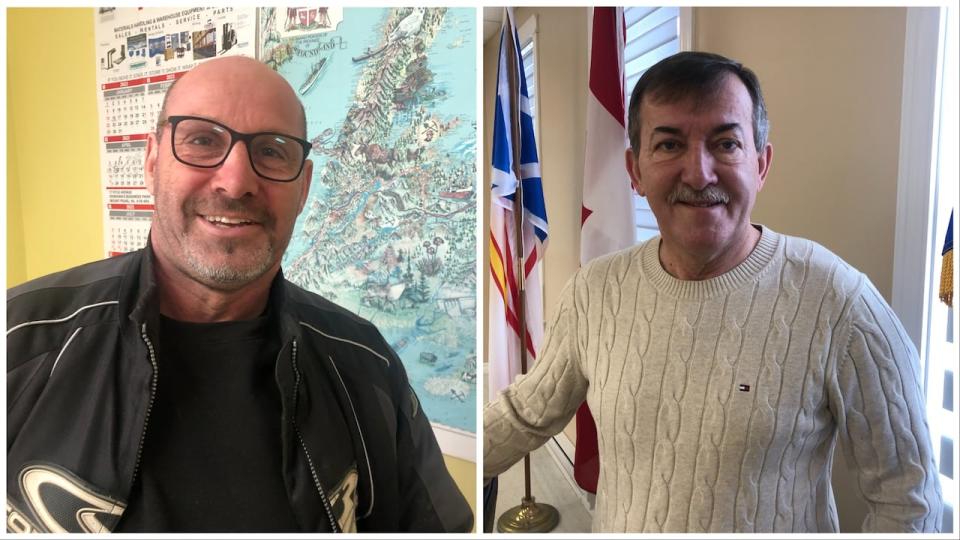As RNC takes over more west coast policing from RCMP, mayors have questions


The Royal Newfoundland Constabulary will expand its jurisdiction to serve over 33,000 additional residents of western Newfoundland, beginning Feb. 1. (Colleen Connors/CBC)
Two mayors in Newfoundland's Bay of Islands region say they're waiting how being moved into the jurisdiction of the Royal Newfoundland Constabulary will affect policing in their towns.
Communities in the Bay of Islands surrounding Corner Brook, as well as those in the Humber Valley and Pasadena, have traditionally been policed by the Royal Canadian Mounted Police.
That will change Feb. 1, when the RNC will take over policing in the communities of Massey Drive and Mount Moriah.
The RNC's jurisdiction will expand to even more communities in western Newfoundland over the course of 2024.
The expansion, which was announced in August, affects about 33,000 residents.
In a recent statement, Justice Minister John Hogan said the government wants "to ensure policing is working in the most effective and efficient way possible to ensure all Newfoundlanders and Labradorians feel safe and secure."
Massey Drive Mayor Don Brown is excited for the change, saying despite a good working relationship the RCMP didn't have enough resources available to properly police the town of around 1,800.
"If we had an issue 10, 11, 12 o'clock at night, the human resources that they had on the ground … they couldn't get here fast enough," Brown told CBC News.
"The RNC has ensured us that we will get regular patrols daily for our community and will take care of some of the issues."
Speeding has become an increasing concern in the community, said Brown, and he hopes increased police presence will hopefully negate it.
He said the RNC have promised more patrols, more police on the ground, and a desire to become a part of the community.

Cox's Cove Mayor Perry Sheppard, left, and Massey Drive Mayor Don Brown say they're interested to see how switching from RCMP to RNC jurisdiction will affect their communities. (Colleen Connors/CBC)
However, Perry Sheppard, mayor of Cox's Cove, is not sold on the switch, which for his community will happen later this year.
"I think they're going to start making some patrols … [but] If they don't add manpower, somebody's getting spread thin," Cox said Tuesday.
"I really don't see this being a benefit."
WATCH I Two of Newfoundland's west coast mayors weigh in on the RNC taking over from the RCMP:
Sheppard said he has concerns about how the allocation of police resources will play out, adding he's already seen it affect the community.
The RCMP used to patrol the town of 600 people three to four times a day when he was a young adult, he said, but now it's only once a day.
"The lower the presence, the higher the speeds and everything else," he said. "If they do [increase patrols], how long is that going to last? The public sector is the first to get hit when it comes to cutbacks. And when the government got to cut spending, it's in the public sector."
CBC News asked the RNC for an on-camera interview but was told Chief Pat Roche was unavailable until February.
RNC communications director Danielle Barron directed CBC News to the Department of Justice and Public Safety, saying the expansion a government decision.
"We can confirm however, that additional officers have been deployed to the region to accommodate the increased jurisdiction. An analysis of workload statistics indicates that this expansion should enhance policing services for all residents of the west coast," the statement says.
Download our free CBC News app to sign up for push alerts for CBC Newfoundland and Labrador. Click here to visit our landing page.


